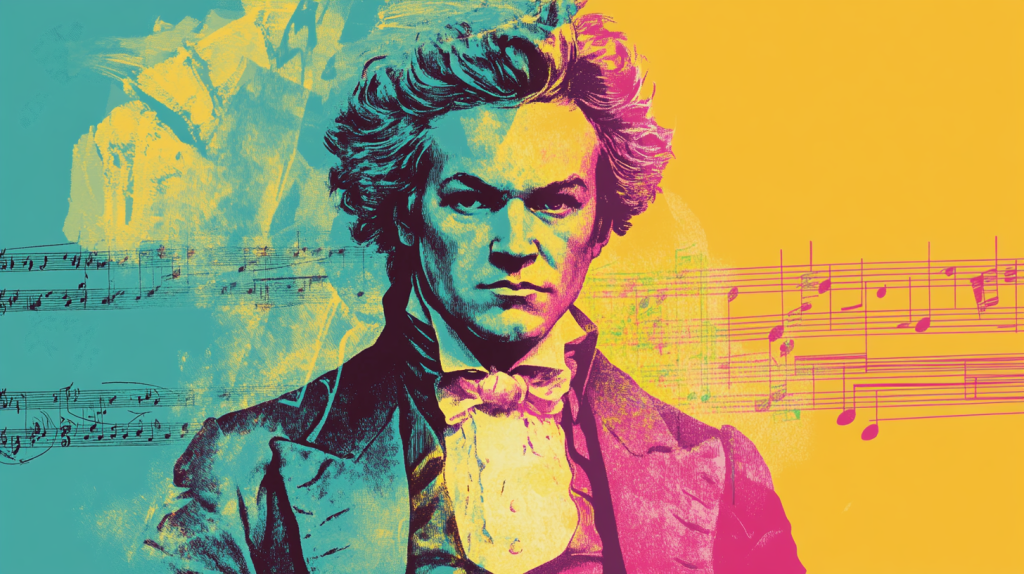As someone who has spent 34 years playing violin, performing in both chamber and symphony orchestras, I’ve always found the world of classical music to be filled with fascinating stories and superstitions. One of the most intriguing—and eerie—legends is the “Curse of the Ninth Symphony.” The story goes that once a composer writes their ninth symphony, they’re fated to meet an untimely death, leaving their tenth symphony forever incomplete.
Is it just a spooky coincidence, or is there something more mystical at play? As a musician who’s spent her life immersed in this world, I’ve always been drawn to these mysterious tales that hint at something beyond our control. I couldn’t help but dive into the stories of some of the greatest composers in history who couldn’t escape the so-called “Ninth Curse.”
Ludwig van Beethoven
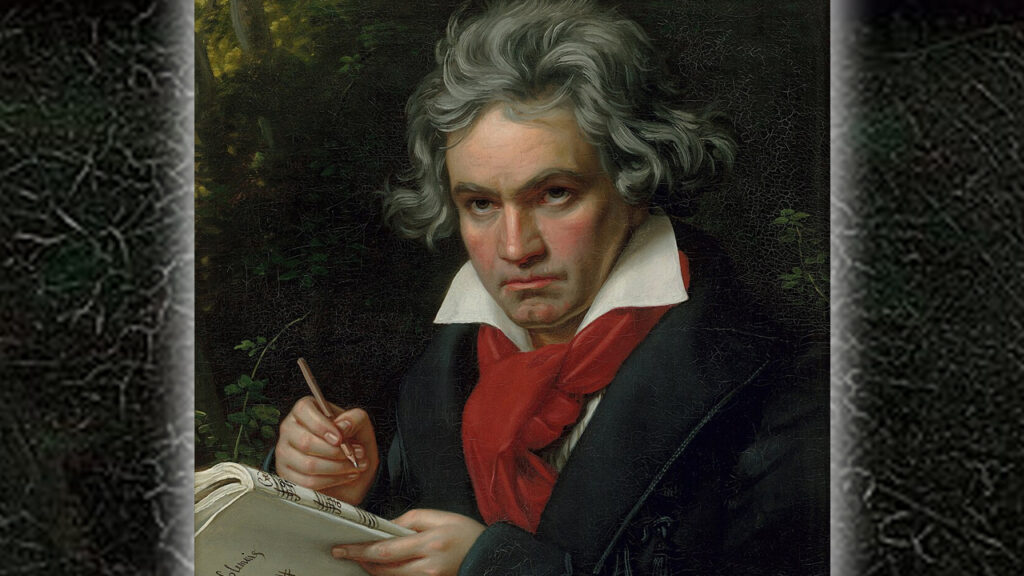
Beethoven is often considered the origin of the Ninth Symphony curse. After completing his monumental Ninth Symphony, which includes the famous “Ode to Joy,” he began working on a tenth. Unfortunately, Beethoven passed away before he could finish it. His struggle to complete this final symphony has fed into the myth that composers rarely make it past nine, cementing his role as the first “victim” of the curse.
Gustav Mahler
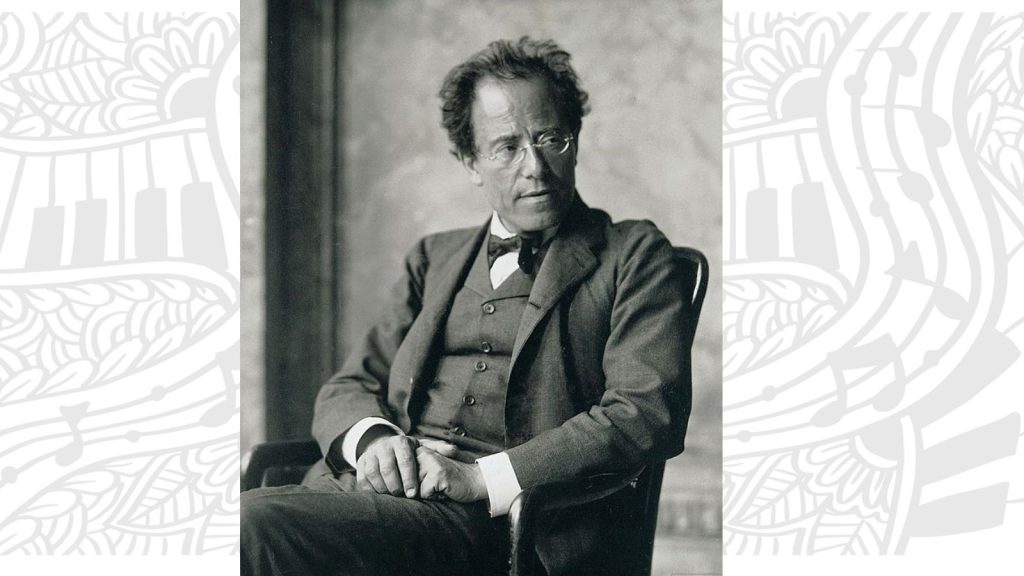
Mahler was well aware of the Ninth Symphony curse, and it haunted him during his career. After completing his massive Ninth Symphony, Mahler hesitated to call his next piece a symphony, fearing it would be his last. He named his next composition “Das Lied von der Erde” (The Song of the Earth) instead. However, when he finally wrote his official Tenth Symphony, Mahler died before completing it, adding weight to the chilling legend.
Anton Bruckner
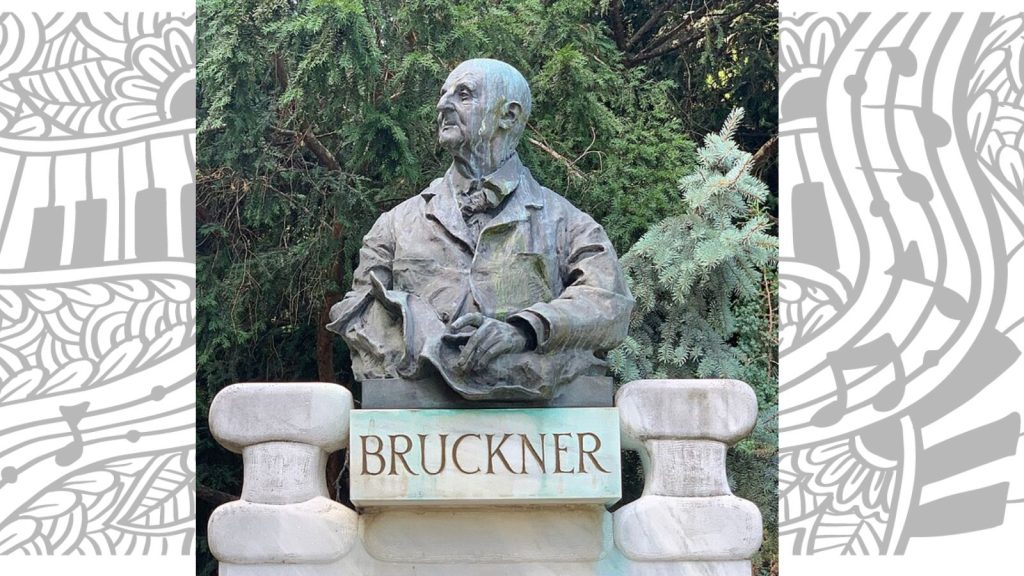
Bruckner’s work was deeply spiritual, and he poured his heart into every symphony. His Ninth Symphony, dedicated to God, remained incomplete at the time of his death in 1896. Bruckner had planned a final, triumphant movement to cap off his life’s work, but illness prevented him from finishing it. He joins the ranks of those whose ninth symphony would be their last.
Franz Schubert
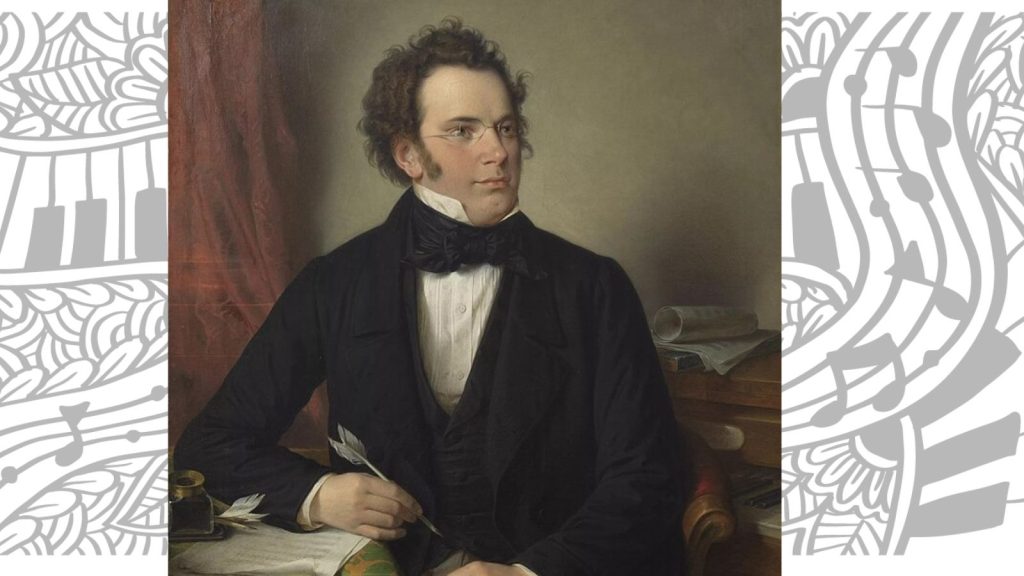
Schubert never lived to see his symphonic legacy completed. He died at the young age of 31, with his Ninth Symphony left unfinished. Known as “The Great,” his Ninth remains a beloved work, but Schubert’s death ensured he never crossed the cursed threshold of a completed tenth symphony, even though he may have been capable of much more.
Alfred Schnittke
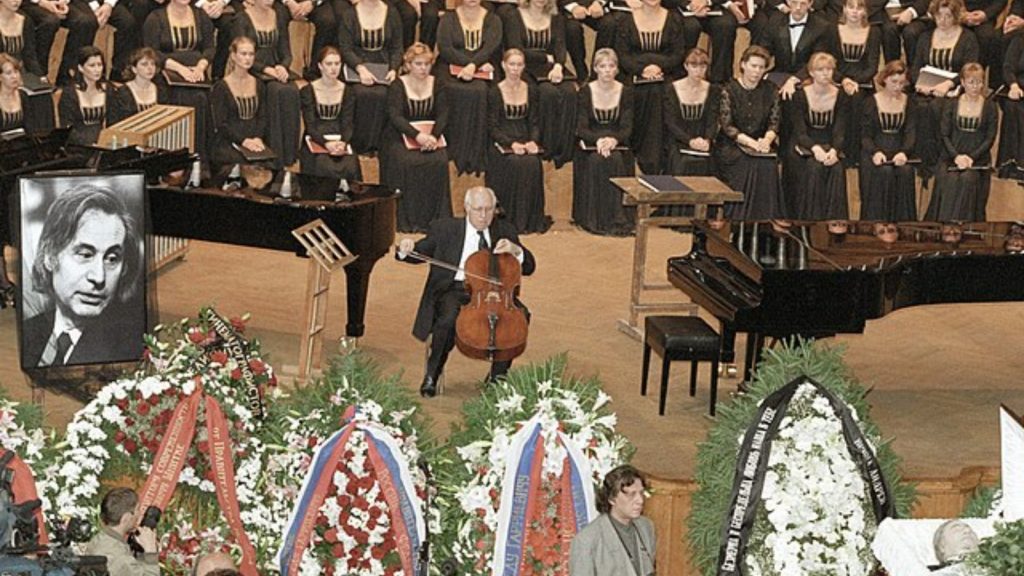
The Russian composer Alfred Schnittke lived in the 20th century, but the curse didn’t spare him. After completing his Ninth Symphony, Schnittke suffered a series of strokes that paralyzed him. Unable to write music in his usual manner, he dictated his Ninth, but his health failed before he could finish his Tenth Symphony. The Ninth was his last, once again aligning with the fateful curse.
Antonín Dvořák
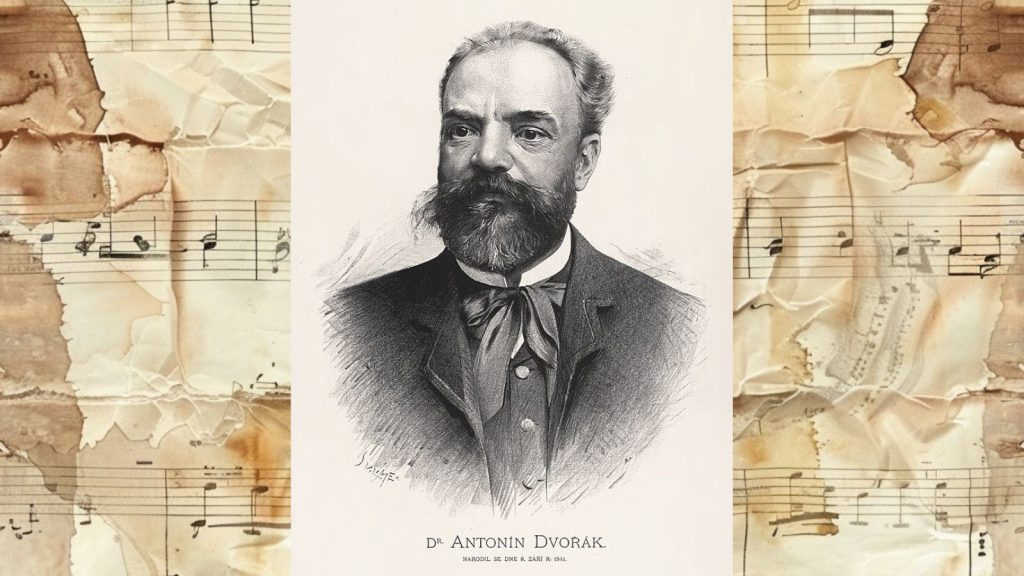
Dvořák’s beloved “New World Symphony” was his ninth and final symphony. While Dvořák lived a few years after completing it, he never wrote another symphony before his death. Some believe that Dvořák, like others, might have sensed the presence of the curse, choosing to explore different forms of music afterward instead of risking his fate by trying for a tenth symphony.
Ralph Vaughan Williams
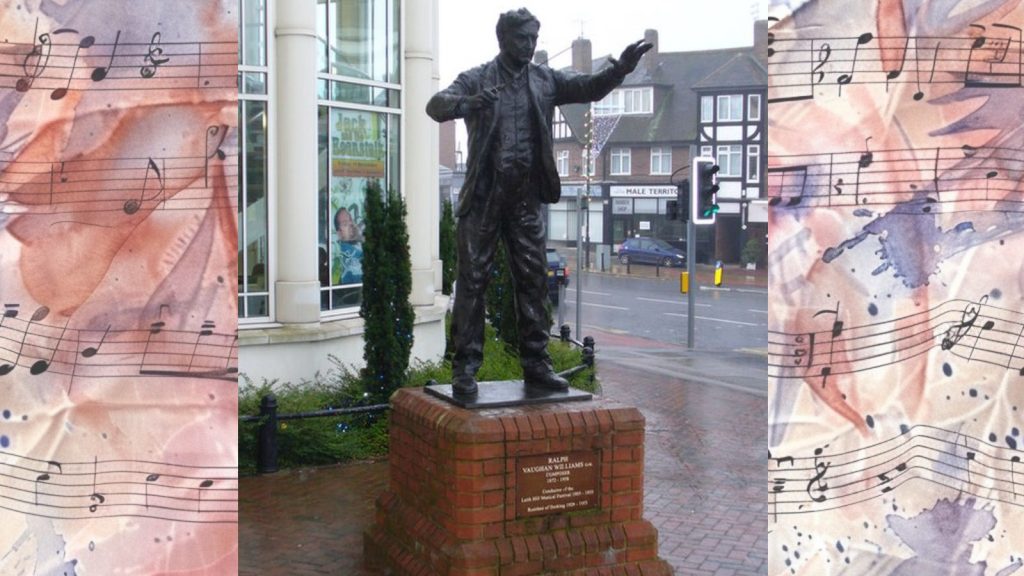
Vaughan Williams, one of England’s most important composers, completed his Ninth Symphony in 1957. He died the following year, leaving his musical legacy frozen in place with his ninth. Although Vaughan Williams wasn’t known to have feared the curse, his fate aligns with the many composers who never made it to ten.
Kurt Atterberg
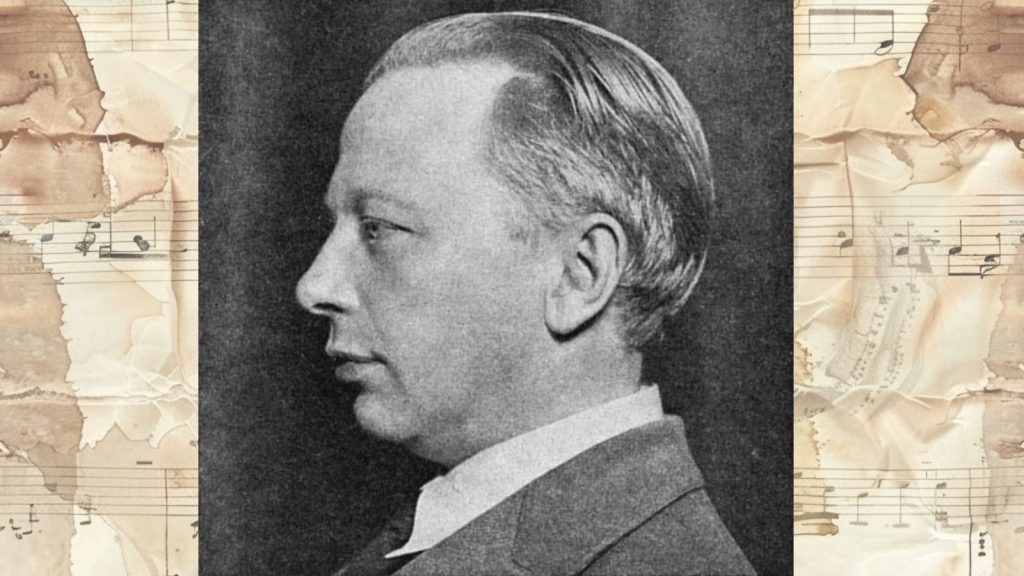
A lesser-known but still significant composer, Kurt Atterberg of Sweden wrote nine symphonies in total. His ninth symphony, called “Sinfonia Visionaria,” was completed in 1956. Atterberg lived for two more decades but never completed a tenth symphony. He, too, seemed to be bound by the strange and seemingly unbreakable curse.
Alexander Glazunov
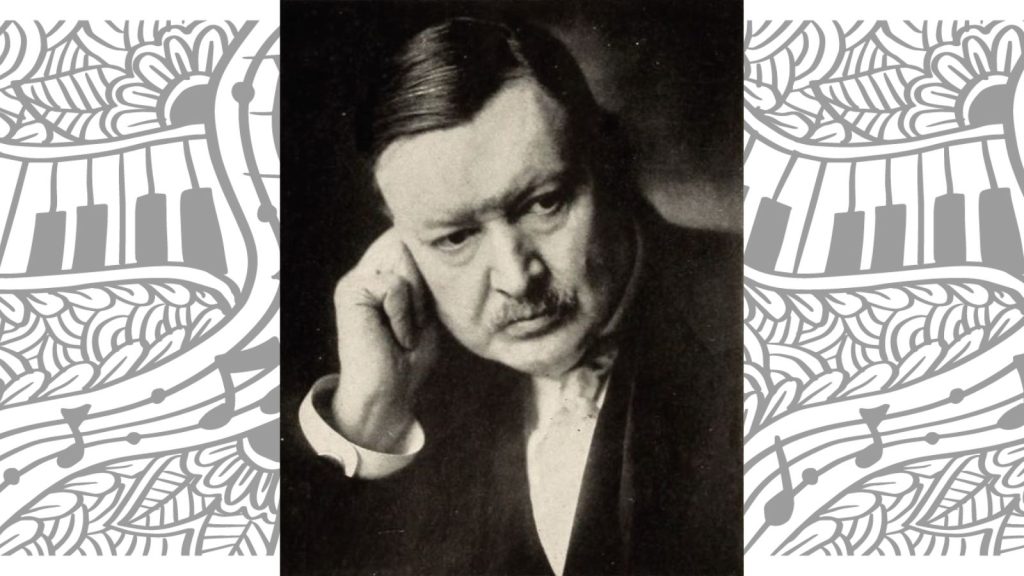
Glazunov was a Russian composer who completed his Ninth Symphony in the early 20th century but never managed to finish his Tenth. Whether it was a result of changing times or personal issues, Glazunov’s story fits within the eerie trend. His ninth was his last, leaving him another name on the growing list of composers seemingly cursed by their own creativity.
Roger Sessions
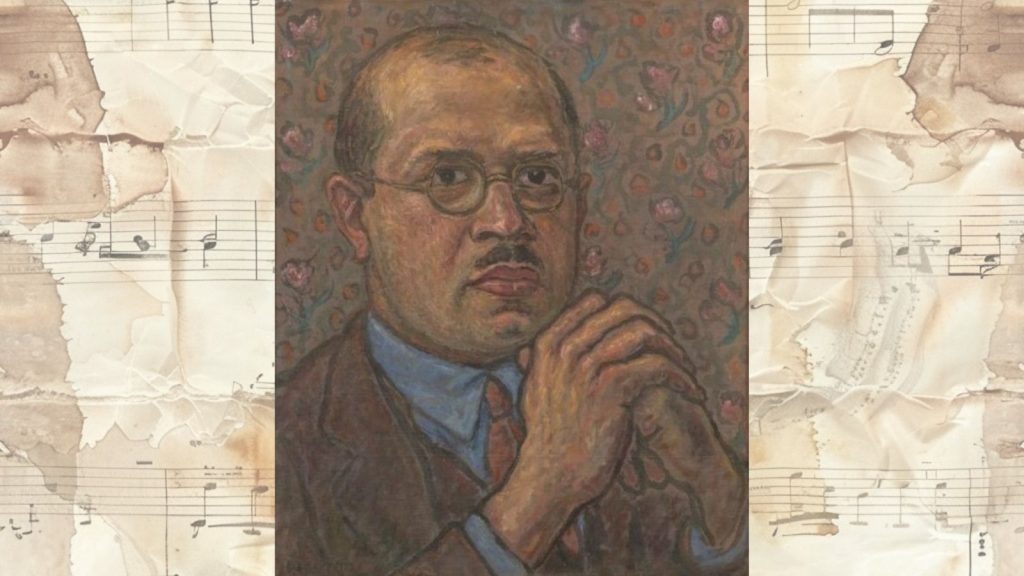
An American composer and modernist, Roger Sessions spent years working on his ninth symphony, finishing it in the early 1970s. Though he was still active as a composer afterward, he passed away without completing a tenth symphony. Like many before him, his creative journey was cut short after his ninth.
Ellen has been obsessed with logic puzzles, jigsaws, and cryptograms since she was a kid. After learning she was taught how to play chess wrong by a family friend (so they could win), she joined her school chess club and the rest is history.
